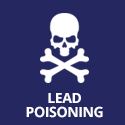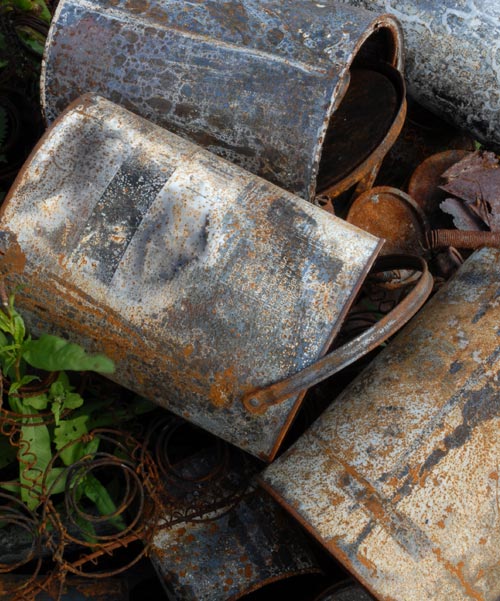We have made great progress in reducing the number of children who are lead poisoned and harmed for life. Nonetheless, this is a preventable disease. I am working to strengthen enforcement of existing laws.
Owners of rental properties are required to take steps to reduce the risk that tenants will be poisoned. When a landlord goes to court to evict a tenant, he must present proof of compliance with the Reduction of Lead Risk in Housing Act. However, 81% of property owners submitted incorrect, outmoded, or unsupported documents, according to a recent study conducted by the Public Justice Center for the Abell Foundation. At my initiative, the Maryland Department of the Environment and the Judiciary will issue a report on how MDE’s compliance data can be shared with the court system.
Approximately 150,000 eviction complaints are filed in Baltimore City annually, a rate second only to Detroit. Landlords have lawyers represent them in these proceedings, but tenants rarely have an attorney. This imbalance must be corrected. That and other issues raised by the PJC/Abell study will be addressed by a work group in response to my introducing House Bill 796.
Fewer than 12 inspectors are responsible for more than 400,000 lead-affected properties state-wide. If each inspector visits 10 properties a day, it would take nearly 13 years for each lead-affected property to be inspected just once. This does not count rental properties that must be inspected with every change in occupancy. House Bill 810 would have funded more inspectors with increased registration fees. This issue is also being studied.
Finally, at my suggestion, the budget bill asks the Governor to allocate $500,000 from the Medicaid program for lead-poisoning treatment for children with an unsafe blood lead level.









